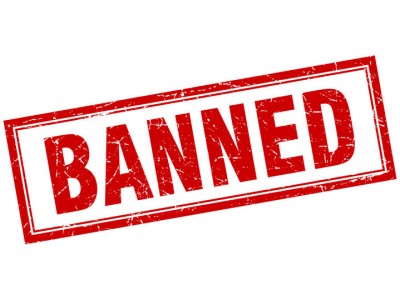Diofil Capsules and Kalmegh powder have not been banned for several reasons. First, both products often fall under the category of herbal supplements or traditional medicines. In many countries, these products are subject to different regulatory standards compared to pharmaceutical drugs. Regulatory bodies like the FDA in the United States or similar organizations in other countries often have more lenient regulations for dietary supplements, which allows these products to be marketed with less rigorous testing and oversight.
Read also pharmacy online australia.
Kalmegh, derived from the Andrographis paniculata plant, is widely used in traditional medicine systems like Ayurveda and Traditional Chinese Medicine. It is valued for its purported benefits in boosting the immune system, treating liver issues, and acting as an anti-inflammatory agent. Due to its long history of traditional use and the relatively low incidence of severe adverse effects when used appropriately, regulatory agencies may not see an immediate need to ban it.
Diofil Capsules, which might contain a combination of herbal ingredients used for specific health benefits, similarly benefit from being categorized under dietary supplements or traditional medicine. Unless there are significant and widespread reports of adverse effects, contamination, or proven inefficacy, these products often remain available on the market.
Additionally, the process of banning a product typically requires substantial evidence of harm or fraudulent claims. This evidence usually comes from clinical studies, adverse event reports, or investigations into the product's manufacturing process. If such evidence is lacking or if the reported issues are not significant enough to prompt action, regulatory agencies may not take steps to remove these products from the market.
Lastly, consumer demand and cultural significance also play roles. Herbal products like Kalmegh have entrenched roles in many cultures, and banning them could lead to public outcry and resistance. Instead, regulatory agencies might opt to issue warnings, require more detailed labeling, or encourage further research to ensure consumer safety without outright bans.
